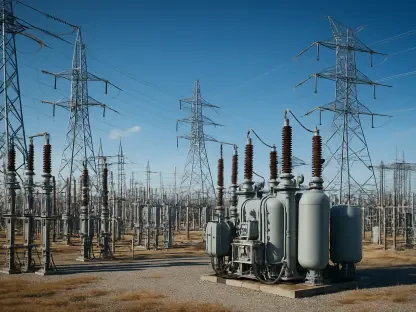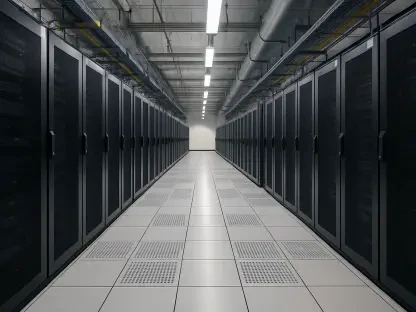In a strategic move to enhance technical collaboration and ensure more effective engagement of flexible energy resources, the Electric Reliability Council of Texas (ERCOT) is set to take over the management of Texas’ virtual power plant pilot program from the Public Utility Commission of Texas (PUCT). The program, known as the aggregated distributed energy resource (ADER), aims to harness the capabilities of flexible energy sources to improve grid reliability and cost-efficiency. Despite being launched over two years ago, the initiative’s current output has been underwhelming, with only 25.5 MW of energy and nearly 20 MW of reserve services delivered by three virtual power plants, falling short of the initial 80 MW target.
Transitioning to ERCOT for Better Integration
One of the primary reasons for the shift in management responsibilities from PUCT to ERCOT is the need for more technically advanced discussions and stakeholder engagement within the ERCOT market. Experts in the field believe that the initial size restrictions imposed on the program may have contributed to its limited participation. Commissioner Kathleen Jackson of the PUCT noted that while the program had faced some challenges, transitioning to ERCOT’s management was both logical and beneficial. The move is expected to foster a more integrated approach, enhancing the overall performance and scalability of the ADER program.
ERCOT’s role will be crucial in aligning the program with broader market dynamics and encouraging increased participation from various stakeholders. By leveraging ERCOT’s expertise and resources, the program can more effectively integrate these distributed energy resources (DERs) into the larger grid network. Additionally, PUCT staff will continue to oversee the program and require ERCOT to report on its progress biannually. This ongoing oversight ensures that the transition will address both technical and regulatory requirements effectively.
Future Prospects and National Implications
With ERCOT stepping in, there is renewed hope that the ADER program will achieve its intended outcomes, ensuring that Texas can more effectively harness its flexible energy resources and improve the state’s energy grid reliability and efficiency. The shift in management responsibilities underscores the importance of advanced technical collaboration and stakeholder engagement to navigate the complexities of integrating DERs into the energy market. By aligning the ADER program with broader market dynamics, ERCOT is well-positioned to drive improvements in both grid reliability and cost-efficiency, setting a precedent that could have national implications for the future of virtual power plants and distributed energy resources.









